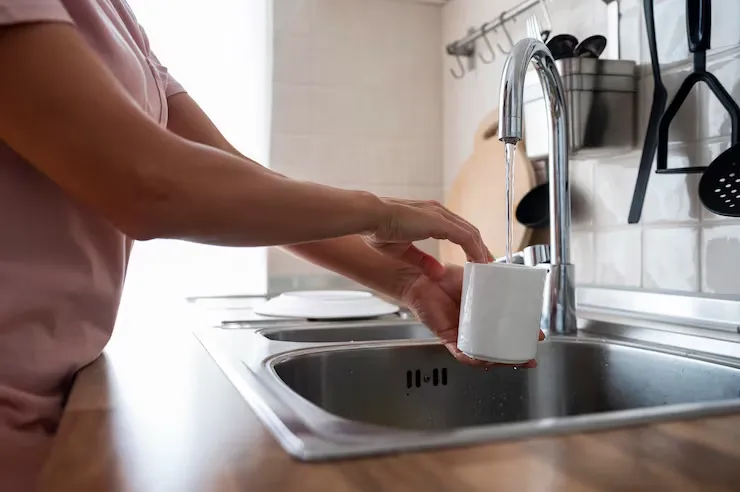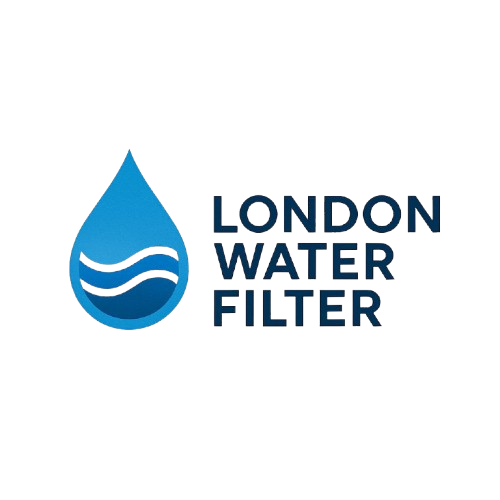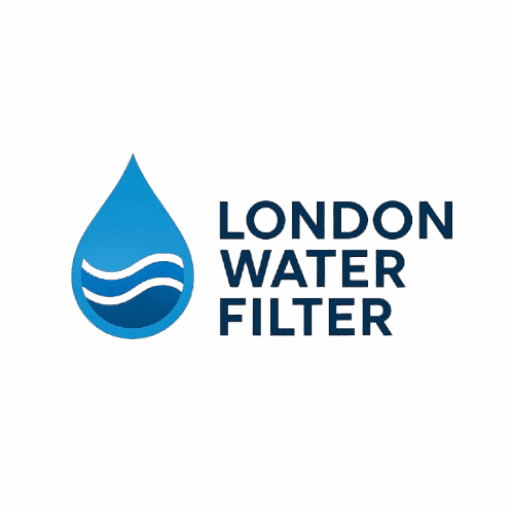When you turn on the tap in your kitchen, you expect clean water. But tap water often carries chlorine, limescale, lead, and other contaminants that affect its taste and safety. That’s where a faucet water filter comes in. It’s a simple upgrade that gives you fresh, healthy drinking water right from your sink without relying on bottled water.
Why You Need a Filter for the Faucet
Even though London and UK tap water meets basic standards, it can still contain:
- Chlorine – added for disinfection but leaves a strong taste and smell.
- Heavy metals – like lead or copper from older pipes.
- Sediments – small particles of rust or dirt.
- Hardness – high calcium and magnesium levels that create limescale.
Installing a faucet filtration system helps you:
- Cut down on plastic waste in every glass.
- Improve the taste and smell of your water.
- Reduce exposure to harmful contaminants.
- Save money compared to bottled water.
Types of Faucet Water Filters
Not all filters are the same. Here are the main options:
1. Faucet-Mounted Filters
- Fit directly on the tap.
- Easy to install, no plumber needed.
- Provide filtered water instantly.
2. Under-Sink Filters
- Installed under the sink with a dedicated tap.
- Offer stronger filtration and longer filter life.
- Great for households that drink a lot of water daily.
3. Reverse Osmosis (RO) Systems
- Multi-stage systems that remove up to 99% of contaminants.
- Include a separate RO faucet.
- Ideal for homes where water quality is a serious concern.
What to Look for in a Good Faucet Filter
When choosing a filter, pay attention to:
- Filter type (carbon, RO, mineral core).
- Certifications (NSF/ANSI standards).
- Filter life (measured in months or gallons).
- Flow rate (shouldn’t slow your water too much).
- Cartridge replacement cost (affordable refills are key).
- Ease of installation (DIY or professional fitting).

Benefits Beyond Drinking Water
Filtered water isn’t just about taste. It also helps with:
- Cooking – fresher flavour in food, tea, and coffee.
- Skincare – less chlorine and hardness means gentler water on skin and hair.
- Appliance care – reduces limescale in kettles, dishwashers, and coffee machines.
Installing a Faucet Water Filter
Most faucet-mounted filters come with adapters and can be installed in minutes:
- Remove the aerator from your faucet.
- Attach the filter housing.
- Insert the cartridge.
- Run water through for a few minutes to activate it.
For under-sink or reverse osmosis systems, professional installation is often recommended.
Frequently Asked Questions
Q1: Do faucet filters really work?
Yes. They reduce chlorine, sediment, and in many cases, heavy metals like lead, making water safer and better-tasting.
Q2: How long does a faucet filter last?
Most last between 2–3 months or 100–200 gallons of water. Always follow the manufacturer’s guidelines.
Q3: Will it fit all faucets?
Most standard taps are compatible, but some pull-out or spray faucets may need adapters.
Q4: What’s better—faucet filter or under-sink system?
- Faucet filters are affordable and easy to install.
- Under-sink filters last longer and handle higher water use.
Q5: Can filtered water help with skin problems?
Yes. By reducing chlorine and hardness, filtered water is gentler on skin and hair, especially for people with sensitivity.
Final Thoughts
A faucet water filter is one of the easiest ways to improve your home’s water quality. It gives you cleaner, safer water while saving money and reducing plastic waste. Whether you choose a faucet-mounted filter, an under-sink system, or a reverse osmosis unit, the difference in taste and health benefits is clear.

